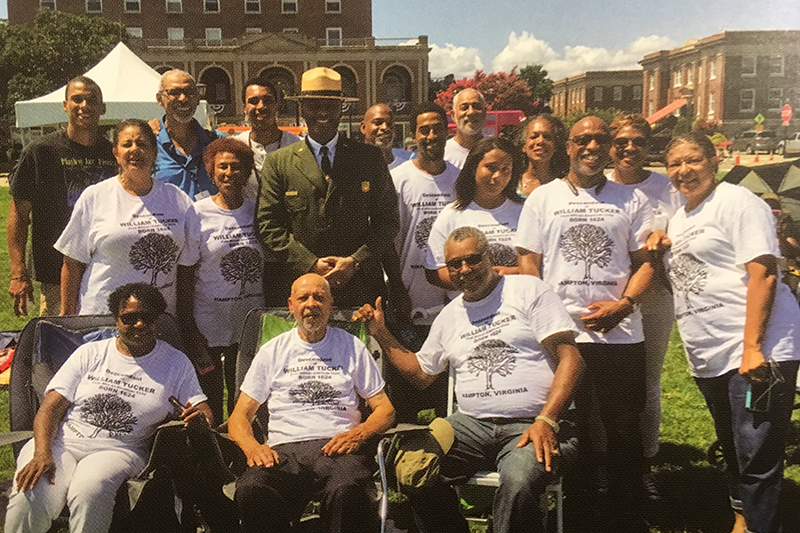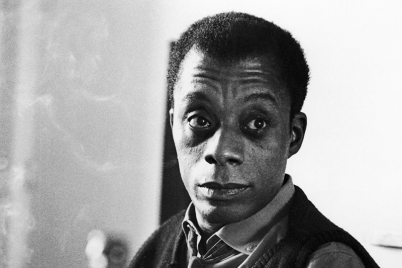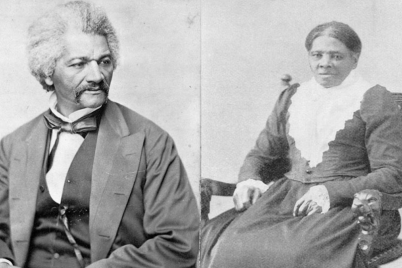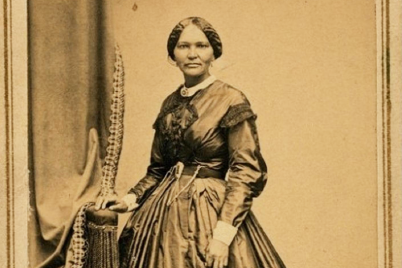The Tucker family can trace their lineage back to William, the first documented African child born in British North America.
Jennifer Gamble-Theard, M.Ed., ASALH Historian
This year marks 400 years of how long there has been a continuous African presence in the North American landmass that eventually became the United States of America.
This year has indeed been busy, filled with a variety of activities in different cities and communities throughout the United States. Many African-American organizations of civic, social, academic and religious persuasions have organized projects and events to emphasize the 400-year-anniversary of the forced African landing in this country, and what it means to be descendants of enslaved people.
The most noted and essential commemoration of the first Africans to arrive in English North America was observed in late August at Point Comfort, Va., (location of today’s Fort Monroe, Va.). Many enthusiastic people of all racial identities, political leaders, organizations that represent the African diaspora and avid followers of African-American/American history were there to be a part of the dynamic event that would have its own historical magnitude.
Looking back to the 17th century, the first Africans did not land as immigrants at Ellis Island in New York, Plymouth Rock, Mass., or Jamestown Island, Va., but landed as human cargo that had been captured on the high seas during the transatlantic slave trade.
In Aug. 1619, a private British ship (White Lion) and a Spanish slave ship (San Juan Bautista) had an unintended battle in the Gulf of Mexico near the Florida shores. As a result, the British ship took on around 60 enslaved Africans from the Spanish ship, then continued to sail to the British colony of Virginia and landed at Point Comfort near Jamestown.
By the time the British arrived at their Virginian destination, many of the captured Africans had died. The British went on to document their freight and goods and then traded the “20 and odd” African human cargo in exchange for food and other provisions.
This perilous arrival of Africans in Point Comfort, Va., was one of the most significant events in United States history. This was the first generation of enslaved Africans brought to British North America.
The Africans were initially captured from the villages of Ndongo, Congo and Kabasa in the Angola region of Africa. They were skilled farmers, herders, blacksmiths and artisans. They had the perfect skill sets needed in the colonies where there was a shortage of labor.
Along with their culture, language and beliefs, they also brought many ideas and innovations, including food production, crop cultivation, music and dance. It was their unbridled spirit and labor that helped build Hampton, Jamestown and what is today Fort Monroe, Va.
As the colonies evolved into a nation, the future generations of enslaved Africans also helped to build the United States into what eventually became the most prosperous country in the world. Yet, their descendants remain subject to socioeconomic and political disparities today.
Exactly how and why slavery — America’s original sin and birth defect — became so deeply rooted in the DNA of this country is a story of accident and coincidence, or perhaps of greed and evil. It didn’t have to happen the way it did.
If only in history, other human beings were more humane. Instead, when the captured Africans stepped off the British ship, in an evolution of time and circumstances, it was the beginning of a 400-year odyssey for generations of enslaved African descendants that shaped the course of a nation.
For generations, Africans and their children’s children would toil to survive the evils of slavery. Consequently, the first Africans who landed in colonial America marked the beginning of 246 years of institutionalized slavery in the United States.
Facing forced labor, physical attacks, civil unrest, trials and tribulations, African Americans endured a long and arduous road to become legal and participating citizens of the United States of America.
One of the most important events in the United States to commemorate the first Africans to arrive in Virginia, known as “African Landing Day,” was recently held at Point Comfort/Fort Monroe. There was a grand distinguished social gathering that recognized the descendants of two of the original Africans who arrived in 1619 (before the Mayflower).
According to the Virginia 1625 census, there were Antoney and Isabella who had a baby boy. There were also records that he was baptized in 1624. Their son, William, was the first documented African child born in British North America.
The descendants of William were present at that wonderful commemorative event. The Tucker family from the Hampton area of Virginia was celebrated. Their bloodline can be traced to the first recorded birth of an African child in English-speaking North America.
I was also present at the Virginia commemorative event. It was quite exhilarating to be there and feel the collective energy of all those who were gathered together in commemoration of our shared American history. We figuratively touched the essence of those who came first.
Jennifer Gamble-Theard, M.Ed. is a retired Pinellas County educator in the study of history and language. She is also the historian for the St. Petersburg Branch of ASALH.











